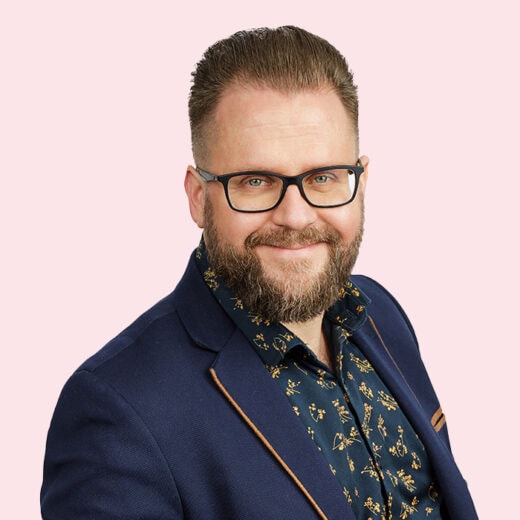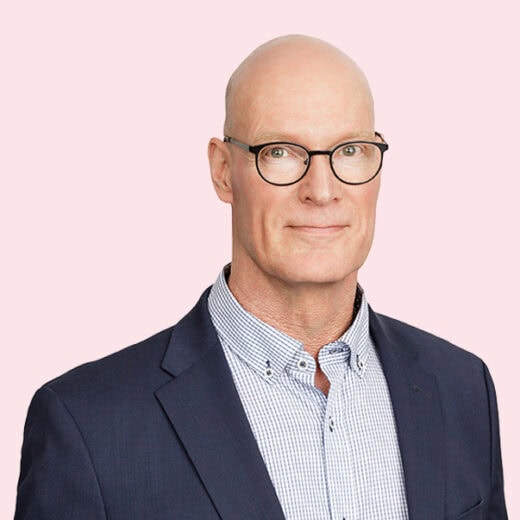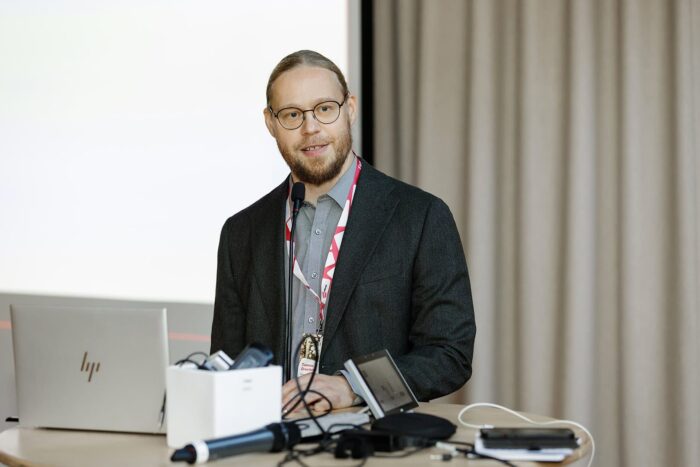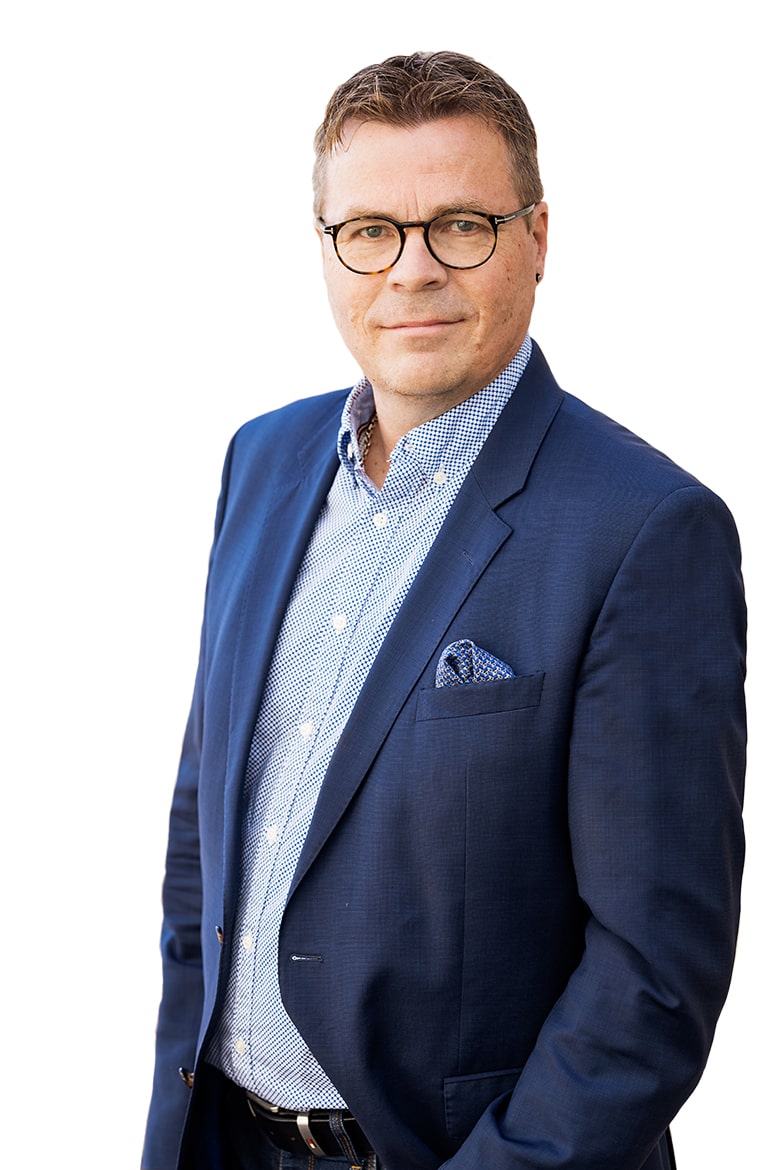Customer Needs at the Centre of Patient Dynamics Development
Medaffcon develops the Patient Dynamics tool based on customer feedback and user experience.
Many aspects of assessing medicines are changing from the direction of the European Union (EU) and nationally; the current year is crucial in advancing these changes. This view became clear when Jarmo Hahl, a leading consultant at Medaffcon, interviewed Kalle Aaltonen, a Senior Specialist at the Pharmaceuticals Pricing Board (Hila), and Tuomas Oravilahti, a Chief Specialist at the Finnish Medicines Agency (Fimea).
Pan-European clinical assessments of medicines (EU HTA, Health Technology Assessment) will gradually come into force in 2025. According to Kalle Aaltonen, the experiences of implementation in 2025 will determine the direction of developments from the perspective of Finnish authorities.
“We will learn from the experiences once things get underway. It is difficult to say beforehand which direction the change will ultimately go,” Aaltonen says.
According to Aaltonen, the preparatory work for these changes makes this year particularly busy.
“We are in a hurry to get all structures ready and approved. Key regulations are still pending approval. Representatives from all member states participate in the work,” Aaltonen says.
Fimea is responsible for hospital medicines. According to Oravilahti, changes are also visible in these medicines.
“In the previous straightforward world, the process went from marketing authorisation to HTA and then to procurement. This is changing so that the stages overlap,” Oravilahti notes.
Oravilahti is also a representative of the FINOSE project from Finland. FINOSE is a project initiated by the Nordic HTA (Health Technology Assessment) authorities, including Finland’s Fimea, Sweden’s TLV, and Norway’s NOMAn, aimed at increasing and developing cooperation in HTA evaluations and speeding up the availability of new medicines for patients. The cooperation projects cover relative effectiveness assessments and economic impact assessments.
Hahl, Aaltonen, and Oravilahti discussed PICO criteria (Patient, Intervention, Comparator, Outcomes). Each member state is expected to deliver PICO criteria for new products during the process, possibly grouped into subgroups.
According to Aaltonen, the number of PICOs is intended to be reduced to a reasonable level. Mechanisms for reduction are to be found before 2025.
P = Population, Patient, Problem: The health issue and patient group being studied
I = Intervention: The intervention or method being studied to address the health issue
C = Comparator: The method against which the studied method is compared
O = Outcomes: The health outcomes the method produces, which are to be investigated
In the EU, the HTA Directive has also made the concept of JCA (Joint Clinical Assessment) relevant. It aims to harmonise the assessment methods for medicines and other health technologies among member states.
JCA aims to provide a joint assessment report on the clinical efficacy and safety of a medicine or treatment method, which different countries can utilise in their national decision-making processes.
This procedure is designed to promote transparency, objectivity, and uniformity in assessing medicines, which may help speed up the availability of new, effective, and safe treatments across the EU. A joint clinical assessment can reduce overlapping work and enhance the use of resources in health care.
According to Aaltonen, JCA does not bind the national HTA authority.
“The hope is that it could be helpful in assessment. However, it is not yet known how practical operations will take shape. The amount of work involved will determine the intensity of participation,” says Kalle Aaltonen, a Senior Specialist at the Pharmaceuticals Pricing Board (Hila).
According to Oravilahti, the impact of JCA reports on workload is minimal.
“It certainly does not reduce the workload, which is already considerable. Half of my working hours are spent on various committees. Running the system takes time and resources,” notes Tuomas Oravilahti, a Chief Specialist at the Finnish Medicines Agency (Fimea).
Oravilahti also mentions that JCA does not render FINOSE unnecessary, as FINOSE also conducts economic assessments. FINOSE utilises JCA.
Jarmo Hahl, Principal Consultant at Medaffcon, interviewed Kalle Aaltonen, a Senior Specialist at the Pharmaceuticals Pricing Board (Hila), and Tuomas Oravilahti, a Chief Specislist at the Finnish Medicines Agency (Fimea).
Medaffcon, founded in 2009, is a Nordic research and consulting company specializing in Real-World Evidence, Medical Affairs, and Market Access. With offices in Stockholm, Sweden, and Espoo, Finland, we provide expert services across the Nordic region. Our services combine strong medical and health economic expertise with modern data science.
The company employs some 30 experts. Since 2017, Medaffcon has been a subsidiary of Tamro Oyj and is part of the PHOENIX group, which is a leading provider of healthcare services in Europe.

Medaffcon develops the Patient Dynamics tool based on customer feedback and user experience.

Patient Dynamics tool compiles up-to-date and regional data on medicine use in Finland and Sweden.

The aim of the cooperation is to harmonize processes and produce joint assessments that each country can use in its own decision-making.

Principal Consultant
MSc (Economics)
+358 40 139 4001
jarmo.hahl@medaffcon.com
Jarmo joined Medaffcon as a partner and CEO in 2010, having previously worked in various expert and management positions in pharma companies for eight years. Jarmo has a degree in economics and before entering the pharmaceutical industry, he held an office at the Turku School of Economics and also worked as a research fellow at Turku University Hospital.
Jarmo has strong expertise in new health technology innovations and how the demands and expectations of authorities, markets and customers are matched. He also brings to Medaffcon extensive experience in health economics and its applications in research and commercialization, as well as a broad understanding of the ever-changing operating environment.
“From an access point of view, the Finnish health technology market is constantly becoming more demanding and therefore also more attractive from my point of view. On the other hand, increasing demands to demonstrate the effectiveness and cost-effectiveness of healthcare are broadening the scope and opportunities for Medaffcon to be involved in the development of healthcare as a whole”.